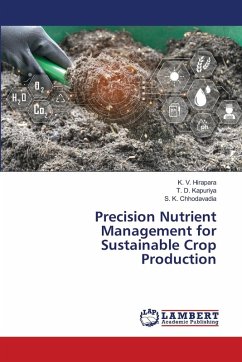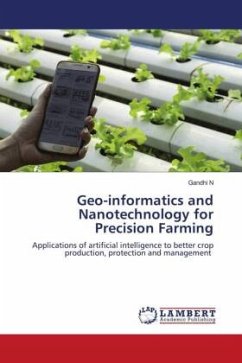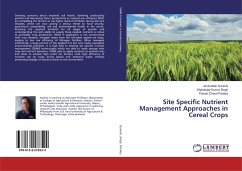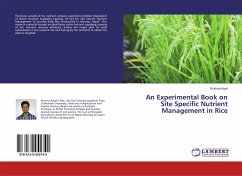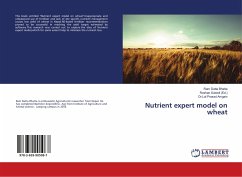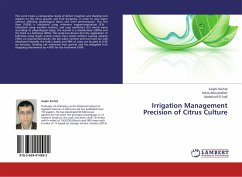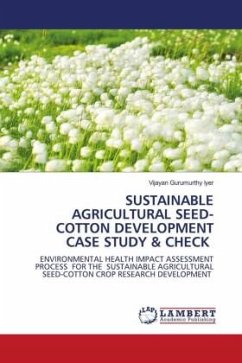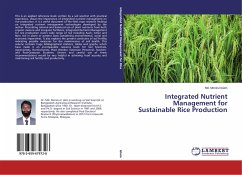Fertilizer consumption in India has observed a phenomenal increase over the past four decades. India has attained self-sufficiency in food grain production, primarily due to increase in fertilizer use. The important reasons for low and declining crop responses to fertilizer nutrients include continuous nutrient mining from the soil due to imbalanced nutrient use (6.1:2.5:1 NPK) leading to serious soil degradation qualitatively. This resulted in wastage of fertilizers and low NUE. Nutrient management is a major component of a soil and crop management system. Knowing the required nutrients for all stages of growth and understanding the soil's ability to supply those needed nutrients is critical to profitable crop production. Precision nutrient management is an approach of feeding crops with nutrients when needed to achieve high production while optimizing the use of nutrients from indigenous sources. This concept can be applied to any field and any crop. The systematic implementation of these practices into site specific systems is probably our best opportunity to develop a truly sustainable agriculture system.
Bitte wählen Sie Ihr Anliegen aus.
Rechnungen
Retourenschein anfordern
Bestellstatus
Storno

